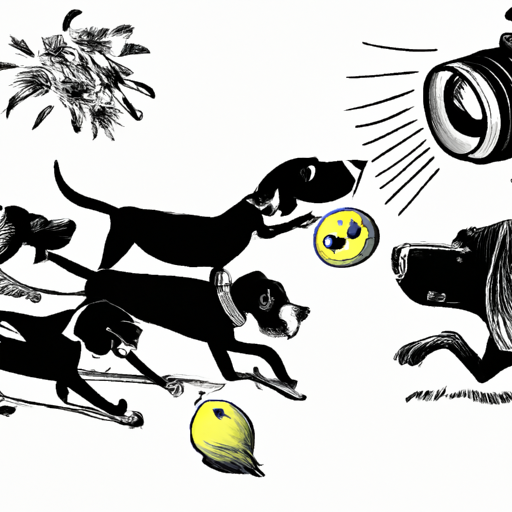Understanding Your Dog’s Sense of Smell
As a caring pet owner, it’s important for you to understand your dog’s unique sensory world. Dogs have a keen sense of smell—far superior to our own. That’s why certain odors that might seem pleasant or neutral to us can be incredibly repelling to them. Conversely, some smells that we find offensive can be intriguing or even comforting to our canine companions.
Common Smells Dogs Dislike
There are several scents that dogs typically find unappealing. These include:
- Citrus fruits like lemons and oranges
- Vinegar
- Spicy or hot smells like chili peppers
- Strong, pungent scents like mothballs
- Certain essential oils such as eucalyptus and tea tree oil
However, remember that each dog is unique, so what one dog dislikes, another might not mind.
Using Scents to Deter Urination
If you’re trying to prevent your dog from urinating in certain areas, using deterrent smells can be an effective strategy. Here are some suggestions:
-
Citrus: You can use citrus peels or citrus-based sprays to deter your dog. But be cautious, as some dogs might find the strong scent too irritating.
-
Vinegar and water solution: A mix of vinegar and water can make a practical homemade repellent.
-
Commercial dog repellents: These products often contain smells that dogs dislike.
| Method | Pros | Cons |
|---|---|---|
| Citrus | Natural, easily available | Some dogs might find it irritating |
| Vinegar | Inexpensive, easy to make | Strong smell might be unpleasant for humans |
| Commercial repellents | Designed specifically for dogs | Might contain chemicals, can be expensive |
The Role of Training
While using deterrent smells can be helpful, remember, it is not a substitute for proper training. Teaching your dog where to urinate is an essential part of their training and can help prevent accidents in the house or other inappropriate places.
FAQ: Frequently Asked Questions
Q: Can I use any smell that my dog hates to prevent them from peeing somewhere?
A: While it might work, it’s important to ensure the smell isn’t harmful or overly irritating to your dog.
Q: My dog doesn’t seem to be deterred by any smells. What should I do?
A: Focus on training. Using positive reinforcement techniques can be very effective in teaching your dog where to pee.
Q: Are commercial dog repellents safe?
A: Most are safe, but always read the label and use them as directed. If you’re unsure, consult your vet.
Remember, understanding your dog’s unique preferences and needs is the key to a harmonious relationship. As a caregiver, your goal should always be to create a safe, comfortable environment for your pet.



